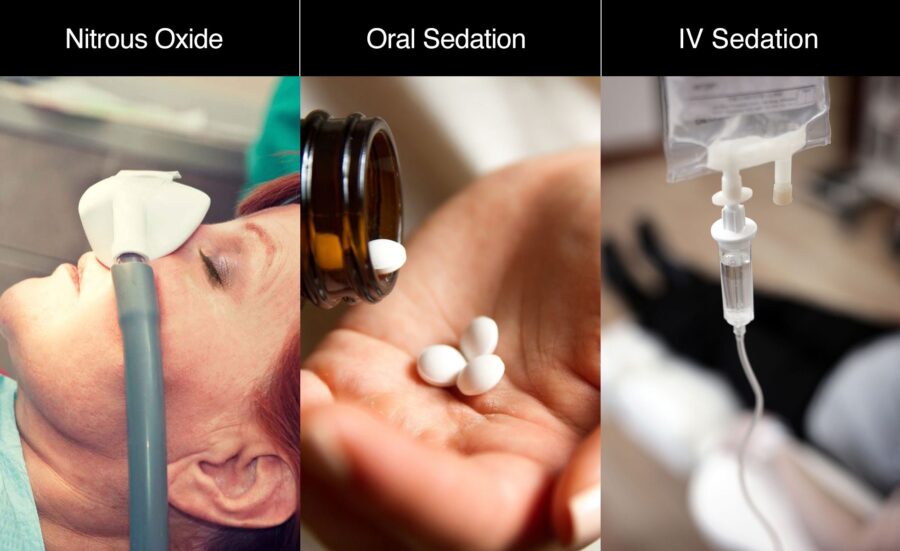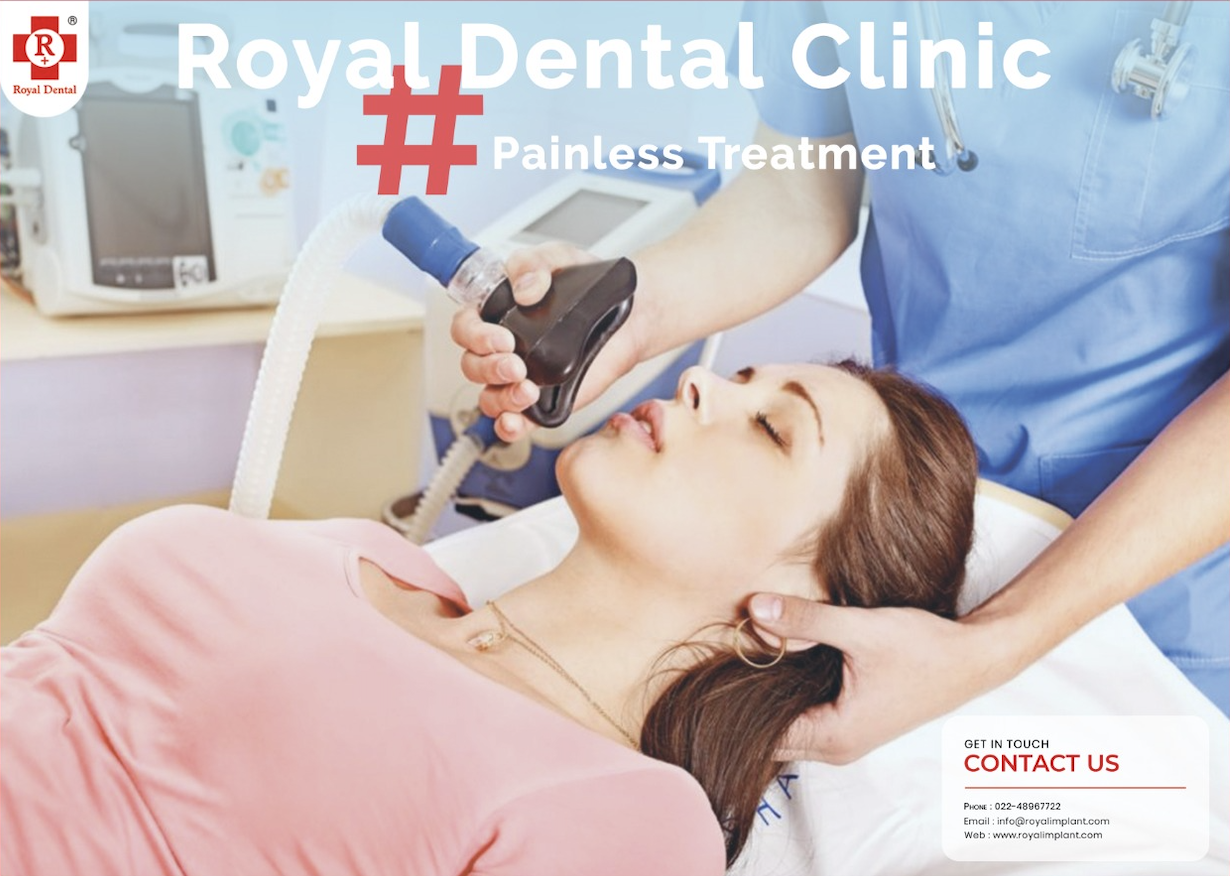When you first hear the word “sedation”, you might imagine a dentist who speaks in a soft voice and an clinics that smells like lavender. But the truth is that dental sedation is much more than just a pleasant experience. In fact, it’s one of the most important steps in getting it. Many people are afraid of dentists for good reason — even at the best practices, many dentists give their patients shot after shot of novocaine and other local anaesthetics until they can barely feel their own mouth. The experience is often so painful that people avoid follow-up care for months or years. After all, why go back if it hurts so much? So how do you know if sedation is right for you? Here’s everything you need to know about mild, conscious, and deep sedation during your implant procedure.
What is sedation dentistry?
Sedation dentistry is the use of medications to help you relax and feel less anxious about treatments — including procedures. Sedation dentistry can make visiting the dentist a much more pleasant experience for people who have a fear or strong dislike of the dentist due to past experiences. The term “sedation” refers to any drug that induces a state of calm and relaxation.

There are several different types of sedation dentistry that are used in different situations. The two most common types of sedation dentistry are mild sedation and deep sedation.
- Mild sedation is also referred to as “conscious sedation,” and it is a state of drowsiness that keeps you aware of your surroundings while still helping you relax. During mild sedation, you will be able to respond to verbal cues from the dentist and other staff, but you won’t be able to drive yourself home after the treatment.
- Deep sedation is also known as “general anaesthesia” and is a state of complete unconsciousness during which you will not be able to respond to verbal cues. During deep sedation, you’ll be completely out of it for the duration of your treatment.
Deep sedation before dental implant
Deep sedation is also known as “general anaesthesia” and is a state of complete unconsciousness during which you will not be able to respond to verbal cues. During deep sedation, you’ll be completely out of it for the duration of your treatment. A dentist or oral surgeon will administer general anaesthesia for its placement of it. if you have a medical condition that would make the procedure too risky during mild sedation.

People who are at risk for complications during dental procedures include those with diabetes, cardiovascular diseases, respiratory diseases, and those who take certain medications. In addition, older patients, pregnant women, and patients who are in poor general health are often better candidates for general anaesthesia.
General anaesthesia during dental implant
General anaesthesia is a state of complete unconsciousness during which you will not be able to respond to verbal cues. A dentist or oral surgeon will administer general anaesthesia for the placement of it. if you have a medical condition that would make the procedure too risky during mild sedation.
People who are at risk for complications during dental procedures include those with diabetes, cardiovascular diseases, respiratory diseases, and those who take certain medications. In addition, older patients, pregnant women, and patients who are in poor general health are often better candidates for general anaesthesia.
Benefits of dental sedation | Dental Implant
A dental office that offers sedation dentistry understands that people who are anxious about dental treatment and dental procedures will suffer for months or years. You might lose teeth, or you might end up with a bad infection that can cause long-term damage to your body. Those who opt for dental sedation will be able to keep their teeth and stay healthy.
Why? Because dental sedation means that your dentist can provide you with the treatment you need without you feeling a thing. You will be relaxed (or even asleep) throughout the entire dental procedure. And, you won’t experience the anxiety that comes with dental procedures.
Should you get dental Sedation?
If you are still unsure whether dental sedation is right for you, consider these factors: Do you have a high level of dental anxiety? People with high dental anxiety levels often have a poor relationship with the dentist. They tend to avoid dental treatments, which means they don’t get regular checkups and are at a higher risk for tooth loss and long-term damage. Are you dealing with a medical condition? If you have diabetes, heart disease, respiratory problems, or take certain medications, you might respond better to dental sedation than to local anesthetics.

Are you elderly? Elderly people tend to be more sensitive to dental treatments. They are also more likely to have medical conditions that make dental procedures risky. Do you have a child with special needs? Children with special needs may be even more sensitive to dental treatments than adults are.
How to find a dentist who offers sedation
The best way to find a dentist who offers sedation is to ask your friends and family members for recommendations. You might also consider asking your regular dentist if he or she offers sedation. If you don’t have a dentist yet, you can find dentists who offer by searching online. You can also call your local dental society to ask for referrals. Don’t forget to ask about the cost of sedation dentistry, as it can vary from practice to practice.
Summing up
The best way to enjoy your dental visits is to find a dentist who offers sedation. You can do this by looking for dentists who belong to your local dental society. You can also ask your friends and family members for referrals. If you’re still unsure whether dental sedation is right for you, consider these factors: do you have a high level of dental anxiety, do you have a medical condition, are you elderly, or do you have a child with special needs? Are you ready to ditch the fear and enjoy dental visits again? Then it’s time to find a dentist who offers.






